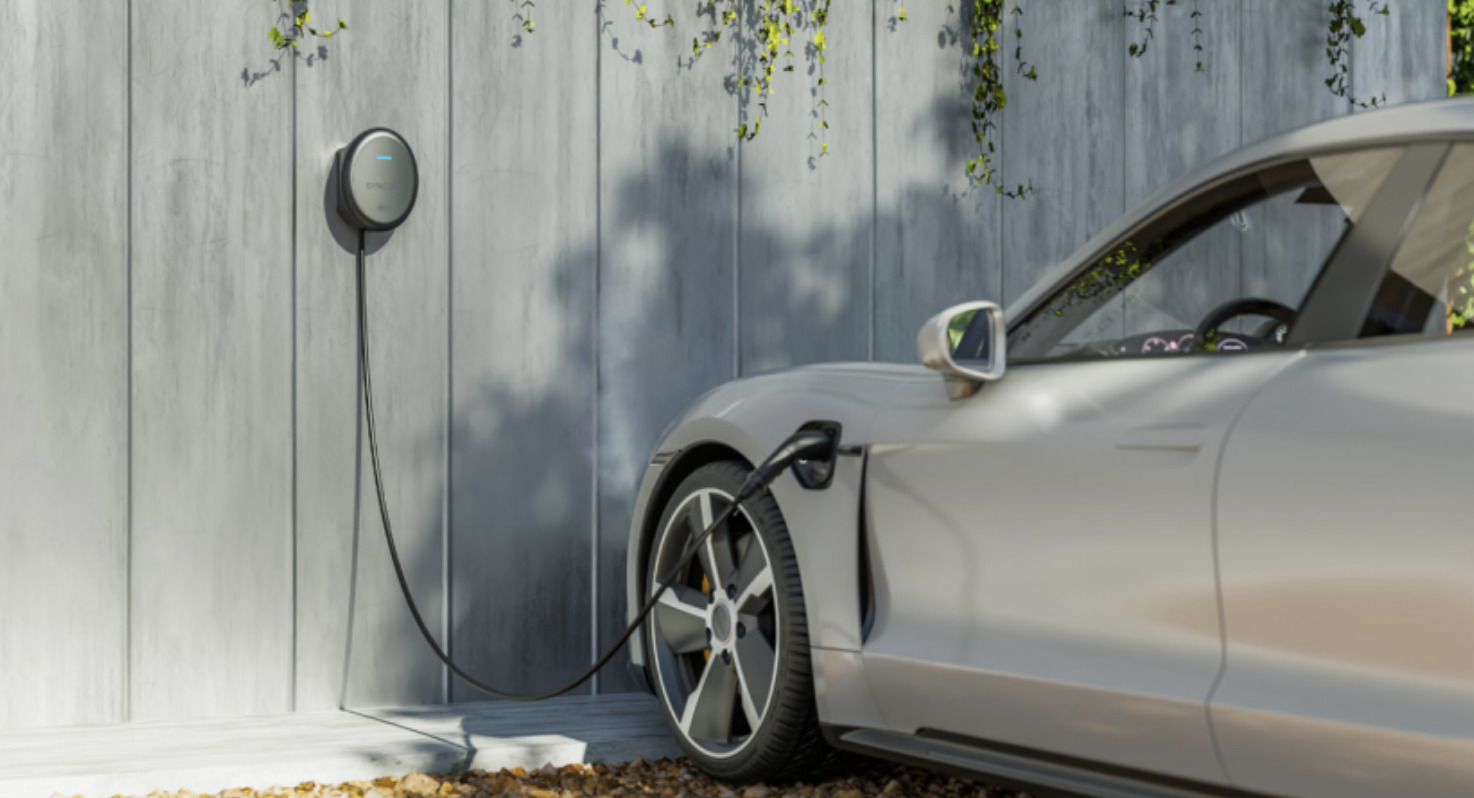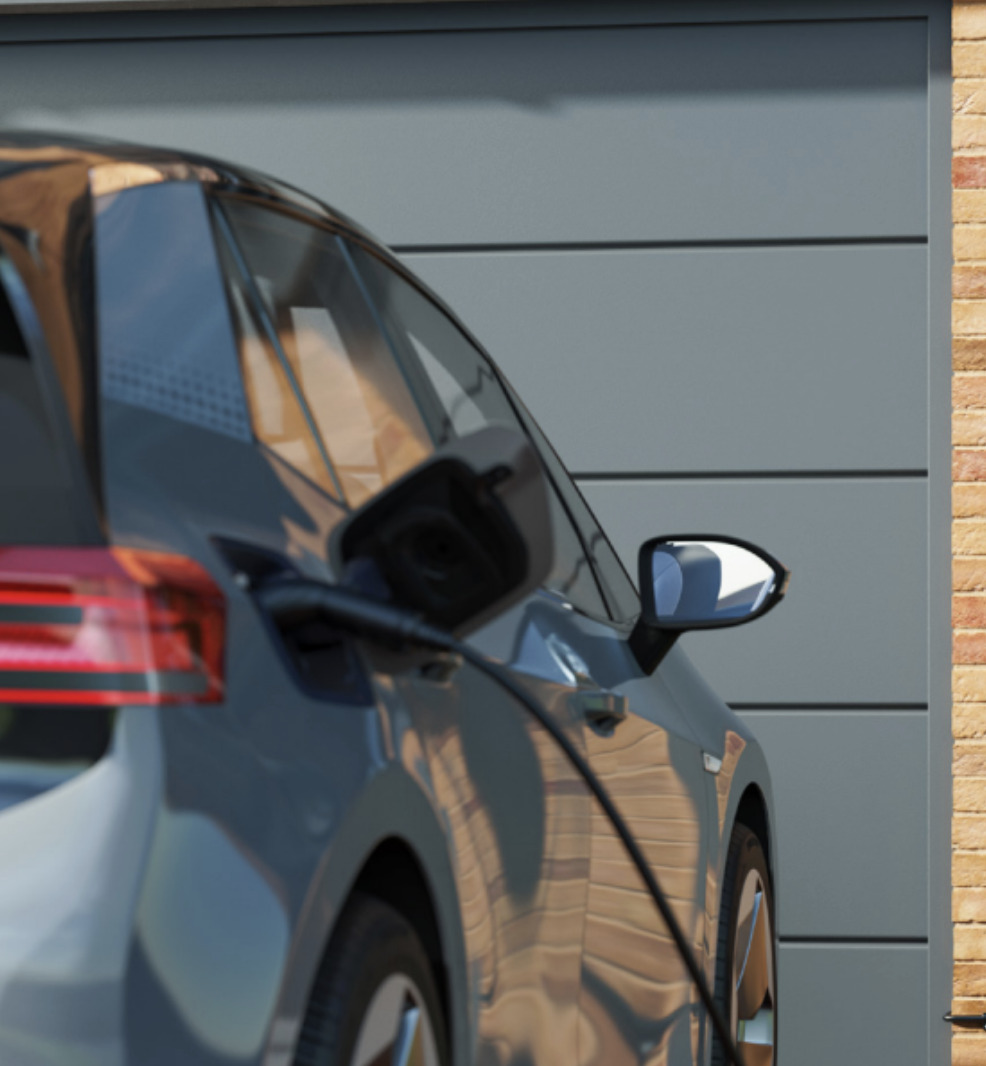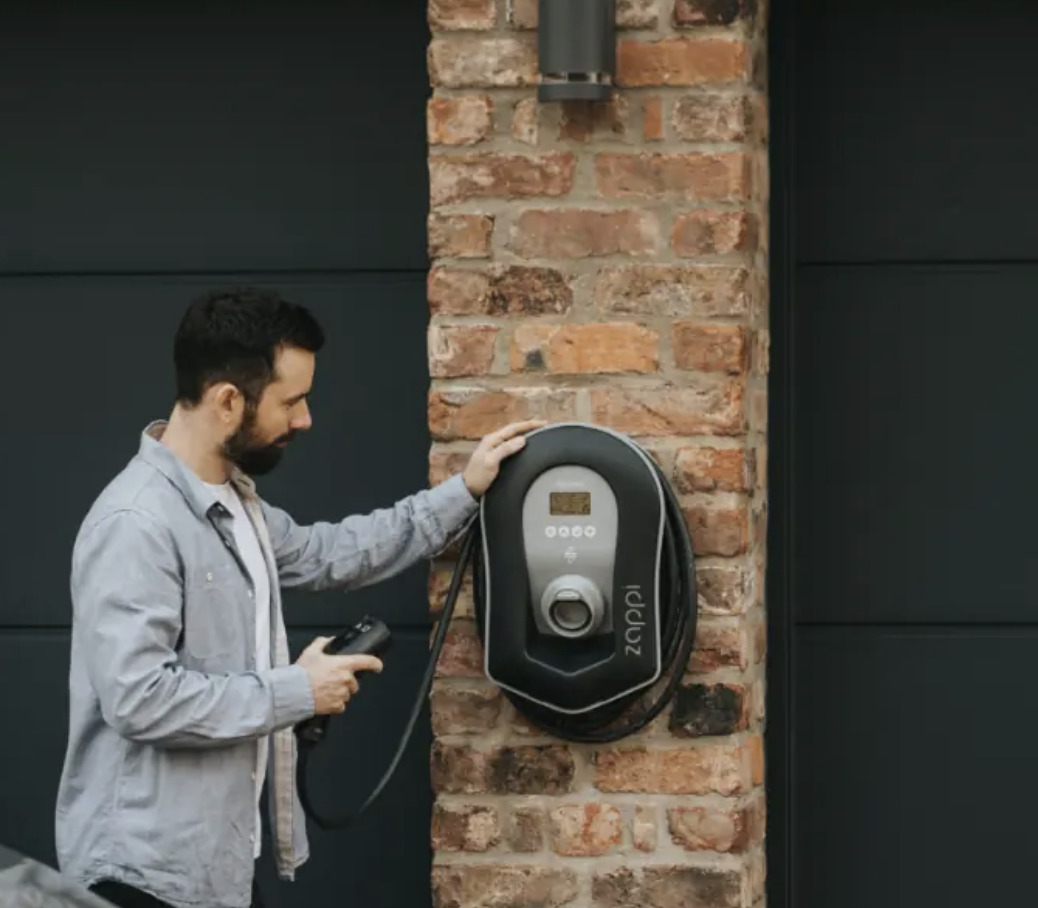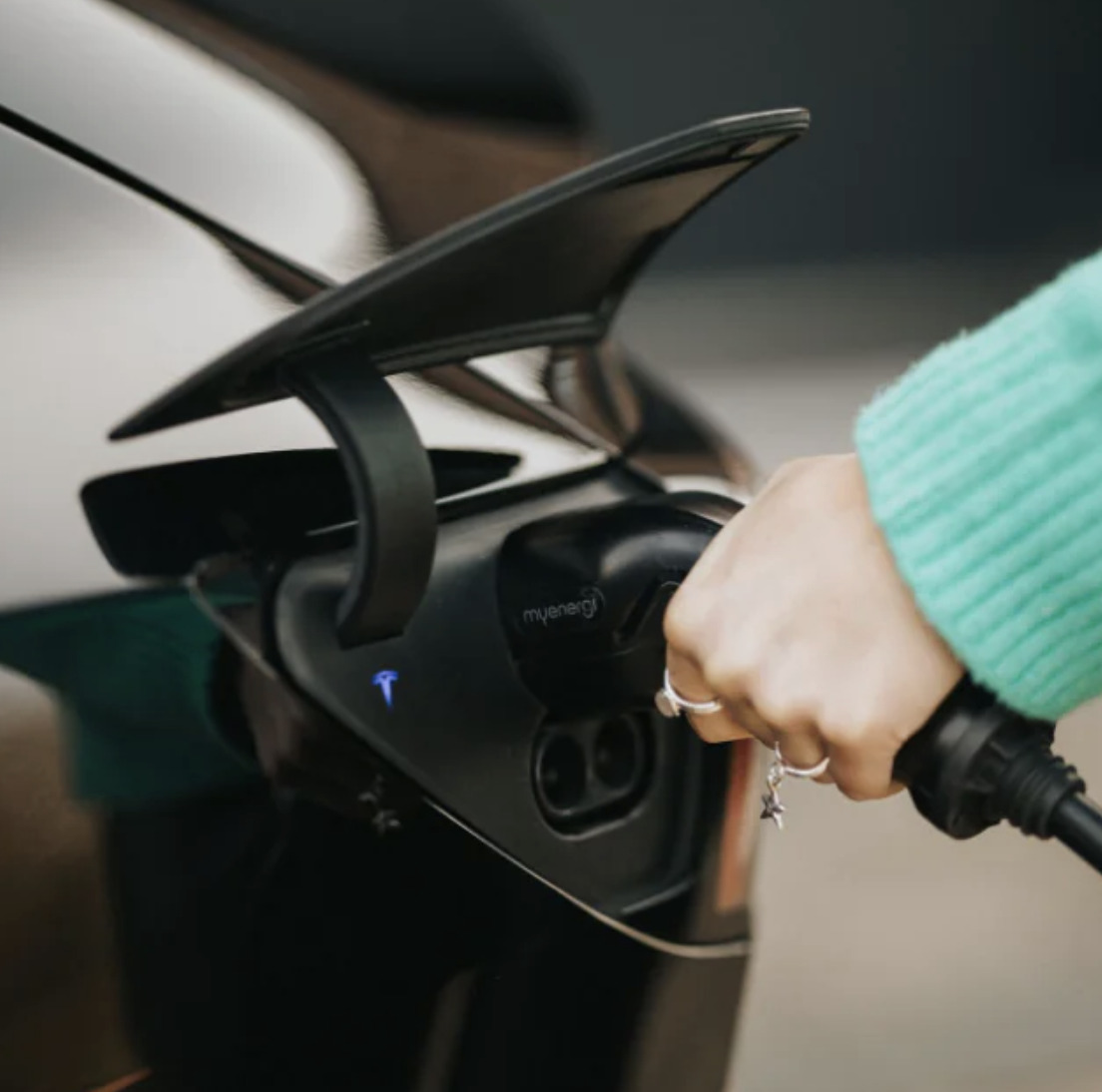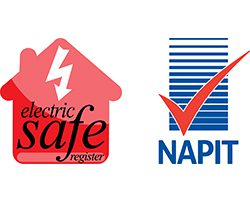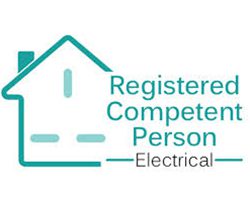EV charger installation in Bristol and the Surrounding areas
It’s clear that Electric Vehicles and EV chargers are key technologies in the transition toward green and renewable energy. The technology has come on leaps and bounds in the last decade and with ever increasing sales of electric vehicles in Bristol (one of the most self-consciously green cities in the UK!), we’re receiving many more enquiries for EV home charger installation.
The price of EV Vehicles and the associated infrastructure has come down markedly in the last few years, so getting an EV Charger from us may now save you money over the long term. We recommend using GoCompare’s charging calculator to gain insight into the costs and benefits of charging and electric vehicle.
If you possess off-street parking, we can set up an electric vehicle home charging station on your premises. This charging station connects to your main electricity supply and charges your car using a connector cable. Simply plug your car into the charger and allow it to replenish its power.
Choosing Your Home EV Charger:
When considering the type of EV charger for your home, it’s essential to make an informed choice. While many EVs come equipped with a cable suitable for a standard 3-pin socket, we advise against using this option. Firstly, these standard chargers draw less power compared to dedicated EV chargers, resulting in longer wait times for your car to reach a full charge. Moreover, you miss out on the advanced features offered by a complete home chargepoint, such as customizable charging times and automatic cutoff once your car is fully charged.
Aside from being less convenient, 3-pin chargers also pose safety concerns. Domestic plugs are not designed to handle the high power draw of an electric car, increasing the risk of the socket overheating. Instead, the safest and most secure option is a dedicated electric vehicle charger. These units are weatherproof, fully safety-certified, and specifically designed to manage the higher loads associated with electric vehicles.
You will need to factor in how quickly you require your car to be fully charged and road-ready. Most domestic car chargers are 7.4kw which will take 8 hours to fully charge a standard EV car. If this isn’t enough you may need a higher current charger. Helpfully, most of our recommended manufacturers offer 22kw capable units which will ensure you can hit the road whenever you need.
You will also need to decide between a tethered and untethered EV charger. Tethered chargers offer ease of use with a fixed cable, but users are limited to the manufacturer’s cable length and connection type. Untethered chargers provide flexibility by allowing users to choose and replace cables based on their preferences, making them more future-proof.
Here are some recommended home EV chargers we can supply and install:
Sync EV: https://syncev.co.uk/
Myenergi Zappi: https://www.myenergi.com/zappi-ev-charger/
OHME: https://ohme-ev.com
EV Charger Installation
Initially we will conduct a free survey of your home so we can quote you accurately. There are a few things we bear in mind when installing EV chargers. The positioning of the EV charger is crucial. As obvious as this may sound, the charging cable will need to be able to reach where you usually park your vehicle. Our clients usually want the charger to be in a convenient and discreet location.
Some EV chargers need an earth rod installed to ensure electrical safety if a fault occurs. Luckily, the EV chargers we’ve recommended above come with built-in O-PEN devices built in, which negate the need for an earth rod.
The distance from the EV charger to your consumer unit is also a factor. The further way the charger is from the consumer unit, the more expensive it may be to install. You may need additional space in your consumer unit or a more modern consumer unit to safely supply the EV charger. Also if you have Type AC RCDs, we may need to replace them for Type A RCDs as the direct current from the EV charger can cause Type AC RCDs to malfunction. For these reasons, a consumer unit replacement can often be part of the EV charger installation process.
Something to bear in mind is if you have substantial electrical loads (electrical showers or an electric oven for instance) then you may be close to your house’s electrical supply limit. You could negate this by implementing charging your car only at specific times or installing a lower current charger.
Once we’ve completed the EV charger installation we will test to make sure it is functioning safely and correctly. We will then issue you with an installation certificate and notify the local authority for the installation through our competent person scheme.
EV Charger Installation Cost
Depending on the factors we outlined above and the specification of your chosen EV charger, we advise that the installation will typically cost between £750 and £1500 excluding VAT, with the length of the cable run from the consumer unit to the charger being the primary factor in the final cost.
Commercial EV Charger installation
We also install commercial EV chargers. Commercial EV Charger installations vary in requirements, available power or how they are to be used. There are options available for public or private use, RFID (Radio Frequency Identification) and credit card payment systems. We recommend manufacturers such as Easee, Project EV, Rolec, EO Charging and Garo.

